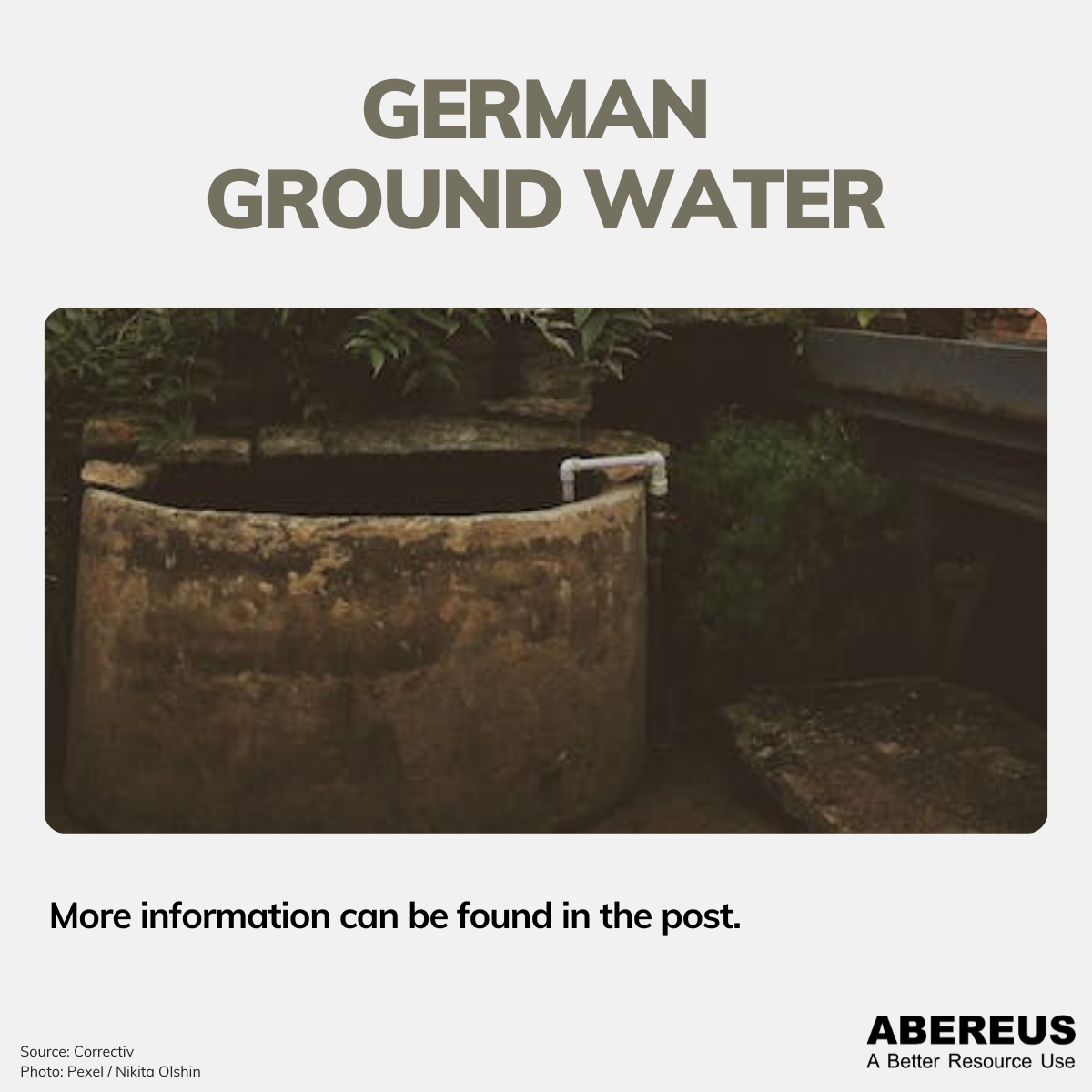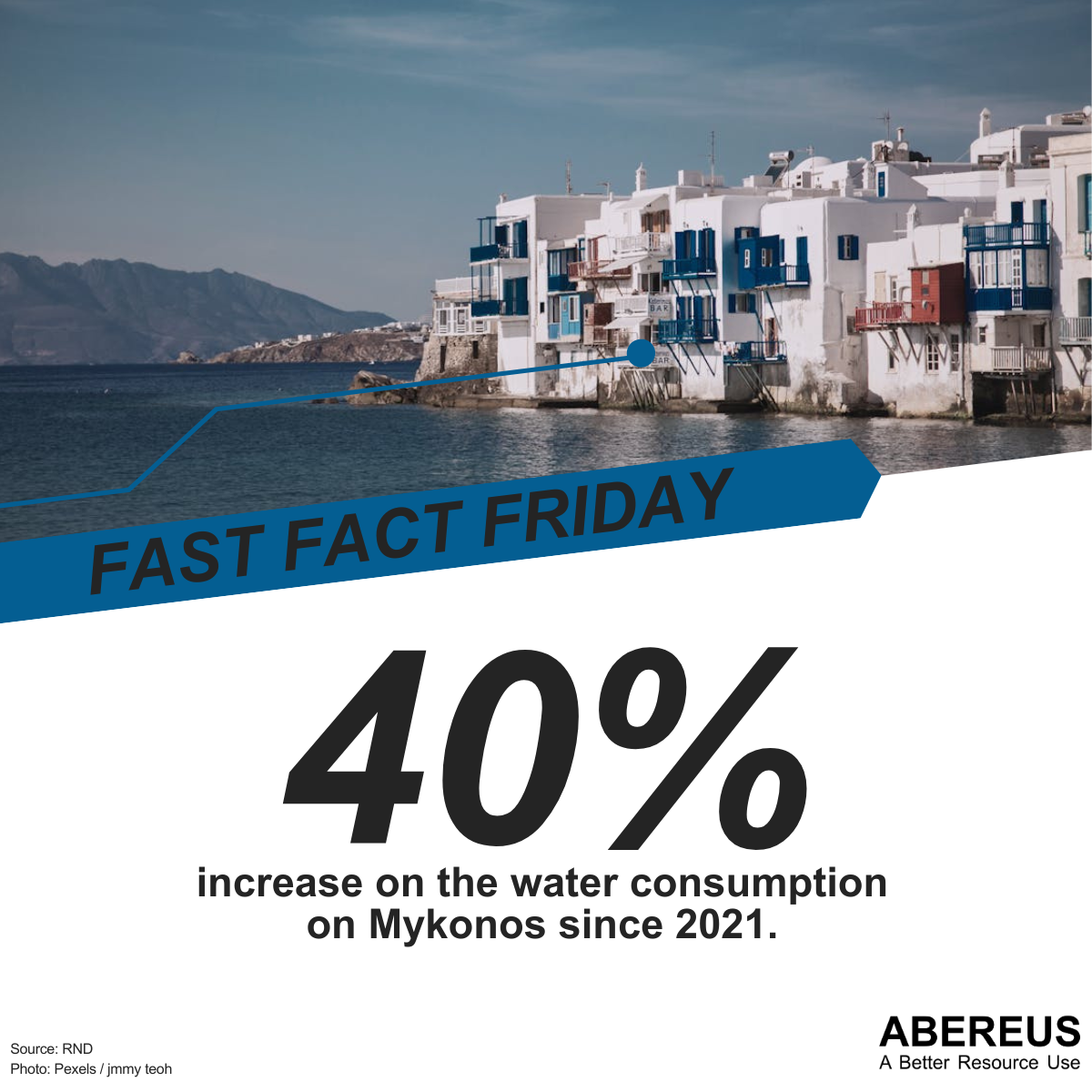German groundwater

Date
An investigation by the German nonprofit newsroom CORRECTIV has revealed that the groundwater levels across Germany have fallen dramatically, reaching their lowest level since 1990 in nearly half of the 6,700 sites studied.
The research shows that the levels have fallen more than they have risen over the past 32 years. Results have implications for the country’s future, with a spokesperson for the German Federal Environment Ministry saying that it is no longer possible to rely on unlimited water resources.
The worst-affected areas are in the north of the country as well as in North Rhine-Westphalia, Thuringia, and Bavaria, with the decline being caused by a combination of climate change, human usage and industrial demand. CORRECTIV has put together an interactive map of the change in groundwater level in the different regions in Germany: See source.
Previously, there has been no centralized, publicly available information on how groundwater levels have changed across Germany. Professor Claudia Pahl-Wostl, who is a geography professor at the University of Osnabrück, criticized the lack of transparency and said that the authorities need to collect and analyze data, understand why it is happening, and then take action.
Even the European Environment Agency (EEA) criticized the lack of information, stating that under the EU Water Framework Directive, all EU member states are supposed to record the amount of available groundwater. According to a spokesperson for the EEA, “the quantity of water is crucial in the climate crisis.”
The current draft of the German National Water Strategy, due to be adopted by the end of the year, does not contain a national overview of groundwater data, which is surprising given that the strategy aims to secure the water supply for decades to come.



